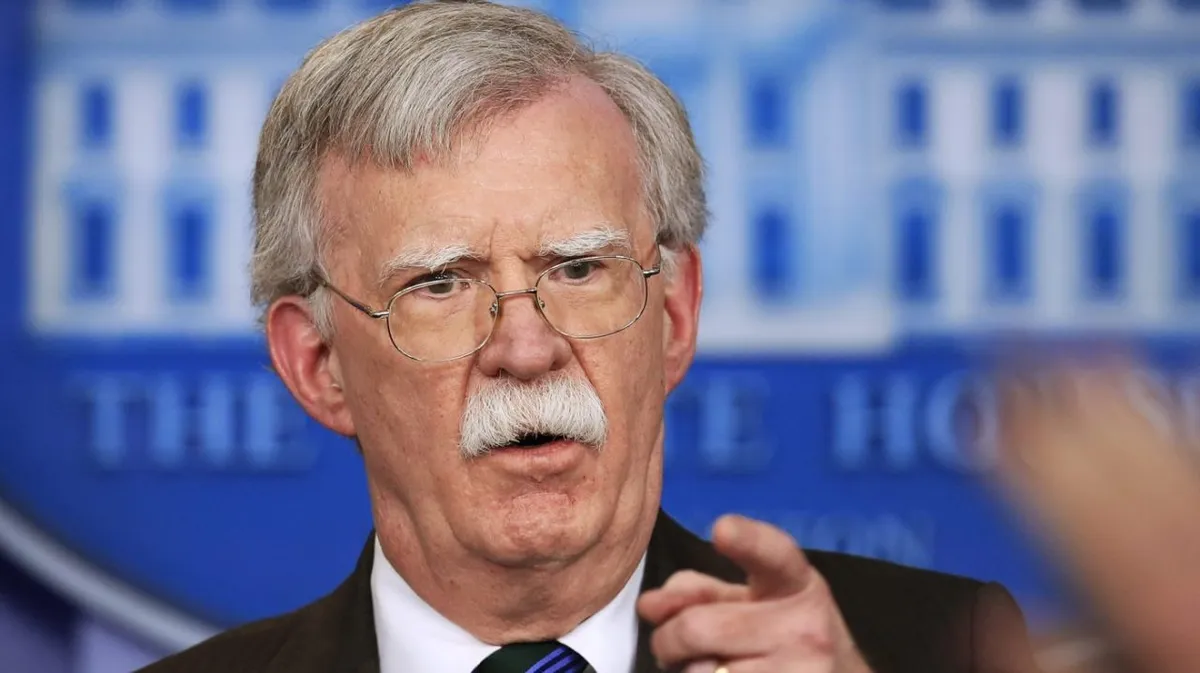
In a recent op-ed published in the Wall Street Journal, former national security adviser John Bolton expressed his concerns regarding the chaotic nature of President Donald Trump's administration. This comes on the heels of the announcement that Mike Waltz has been dismissed from his role as national security adviser and appointed as Trump’s ambassador to the United Nations. Bolton, who served in the first Trump administration and has since emerged as a vocal critic, pointed out the implications of this staffing change against the backdrop of the recent Signal group chat scandal.
Bolton articulated his views on the inherent chaos within Trump's leadership style, stating that “chaos is embedded in his DNA.” He elaborated on his perspective regarding the administration’s dysfunction, particularly highlighting the fallout from the Signal group chat incident. This scandal has become a focal point as Secretary of State Marco Rubio takes on “double duty” as interim national security adviser during Waltz’s transition.
"It doesn’t have to be this way. Not in my experience have emojis been deployed as they were during the inexplicable group chat on Signal,” Bolton remarked, underscoring the unusual and perhaps trivial nature of the communications that have transpired within the administration. This incident marks a significant transition as Waltz becomes the first high-ranking official to shift roles in such a chaotic environment.
Bolton did not shy away from criticizing Trump’s special envoy, Steve Witkoff, for his perceived lack of expertise in crucial international matters, including the Russia-Ukraine war and negotiations with Iran. He emphasized that Waltz's confirmation process for his new role as UN ambassador will likely be overshadowed by the ongoing controversies stemming from the Signal scandal.
Additionally, Bolton expressed concerns over the handling of the Signal group chat by Defense Secretary Pete Hegseth, as well as Trump’s controversial tariffs affecting various nations. With the administration’s international and defense leadership seemingly in disarray, Bolton warned that foreign governments and domestic interest groups could exploit the situation to their advantage.
In his critique, Bolton directed the blame not at the advisers of the Trump administration but at the president himself for fostering an environment of confusion. He criticized Trump’s “ad hoc” decision-making style, referencing the president’s approach to negotiations with Iran concerning nuclear weapons and his frequent firings of top national security officials.
“Presidents who don’t use the National Security Council mechanism undercut their planning capabilities, managerial control, and decision follow-through,” Bolton wrote, further emphasizing the detrimental impact of Trump’s leadership on national security. He concluded with a somber note, stating, “There’s no good solution given Mr. Trump’s character. Nonetheless, his advisers should improve the decision-making process, if not for his benefit, at least for America’s.”
As the Trump administration navigates through these turbulent changes, the implications of Bolton's observations underscore the ongoing challenges facing U.S. national security and foreign policy under this presidency.